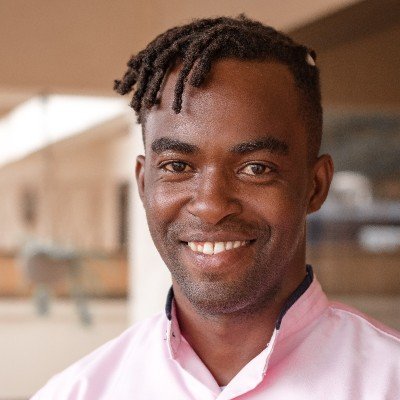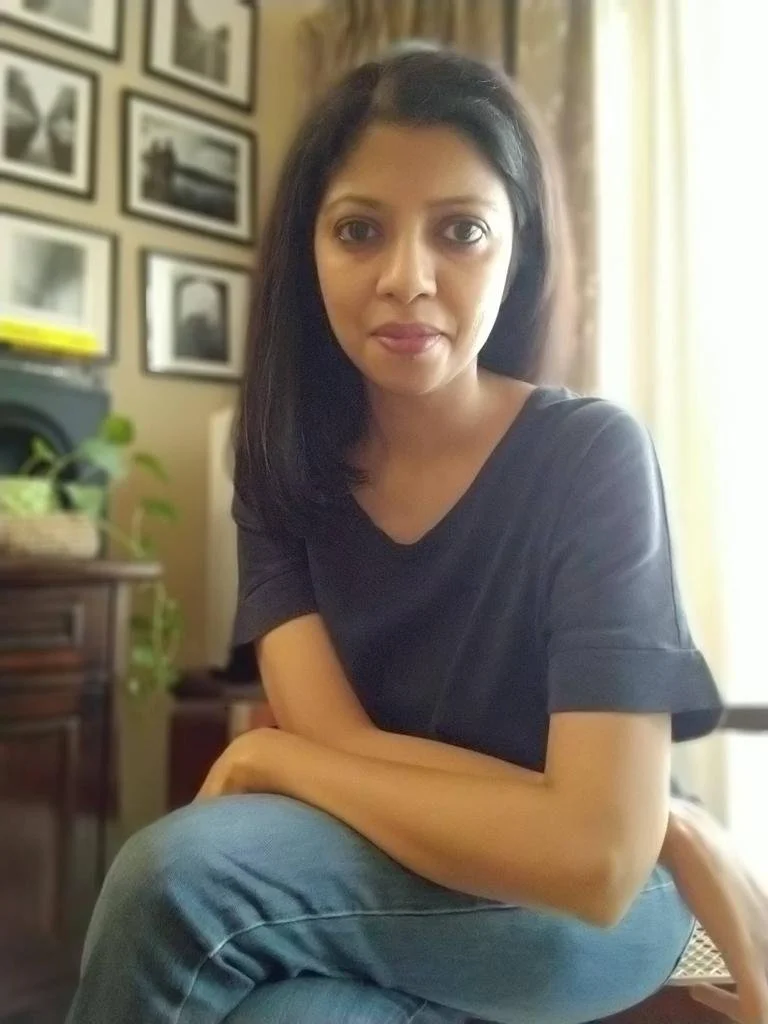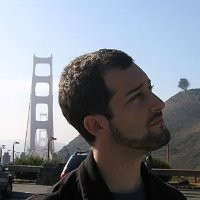Kaushalya Ruwanthika Ariyathilaka, Neelan Tiruchelvam Trust (Sri Lanka)
The Summit is taking place against a backdrop of escalating global crises. Accelerating climate change, the continuing impacts of COVID-19 and multiple ongoing conflicts around the world have all proven that the most marginalized and vulnerable communities are at the frontlines of, and bearing the brunt of these crises. Well aware of this, the Neelan Tiruchelvam Trust (NTT) went beyond its “normal” grantmaking process during the COVID-19 pandemic to ensure that the most marginalized and vulnerable received the support they required. The team at NTT, including the Trustees involved in the decision-making process, worked to ensure that the Trust efficiently utilized resources for effective interventions.
We supported communities ranging from farmers, daily wage earners, the LGBTQI community, sex workers, incarcerated persons and women heads of households. During this process we grappled with many questions and concerns that forced us to re-examine our working methods and even preconceived notions. Some of these questions included: can we trust organizations that we have never heard of before with significant amounts of money? How can we be sure that the grants we make actually go the communities we intend to support? Does this organization have enough controls put in place to ensure transparency and accountability in financial management? We felt as if this was a drastic change to the way we were doing grantmaking until then, and we were worried about any potential negative consequences.
We learnt many lessons from the emergency response grants we made from 2020 to 2022. These lessons have shaped the way we work and how we look at grantmaking today. For example, some applicants requested NTT to allow them to make direct cash allowances to their community members. We had lengthy discussions amongst our team whether direct cash allowances would be too risky of an intervention, in a grant cycle where we felt like we had very little monitoring ability. The complexities of the context forced us to change the way we operate and, in this process, we evolved in the way we envision grantmaking. The traditional manner of grantmaking felt more secure and comfortable because it gave us a lot of power in the way we control the relationships we have with our partners. In contrast, this new way of making grants forces us to be bolder, to take risks and to acknowledge that results will not come in a neat package - especially when working to support the most vulnerable and marginalized, significant changes takes many years, because the starting point is very low. In retrospect, I have started to understand that shifting power also means that we as grantmakers must be willing to take risks, if we are ready to consider communities as the most important stakeholder in our grantmaking process.
I am looking forward to the Summit in Bogotá to share how NTT has more practically committed to #ShiftThePower over recent years, and to learn from others who are on the same journey!






















